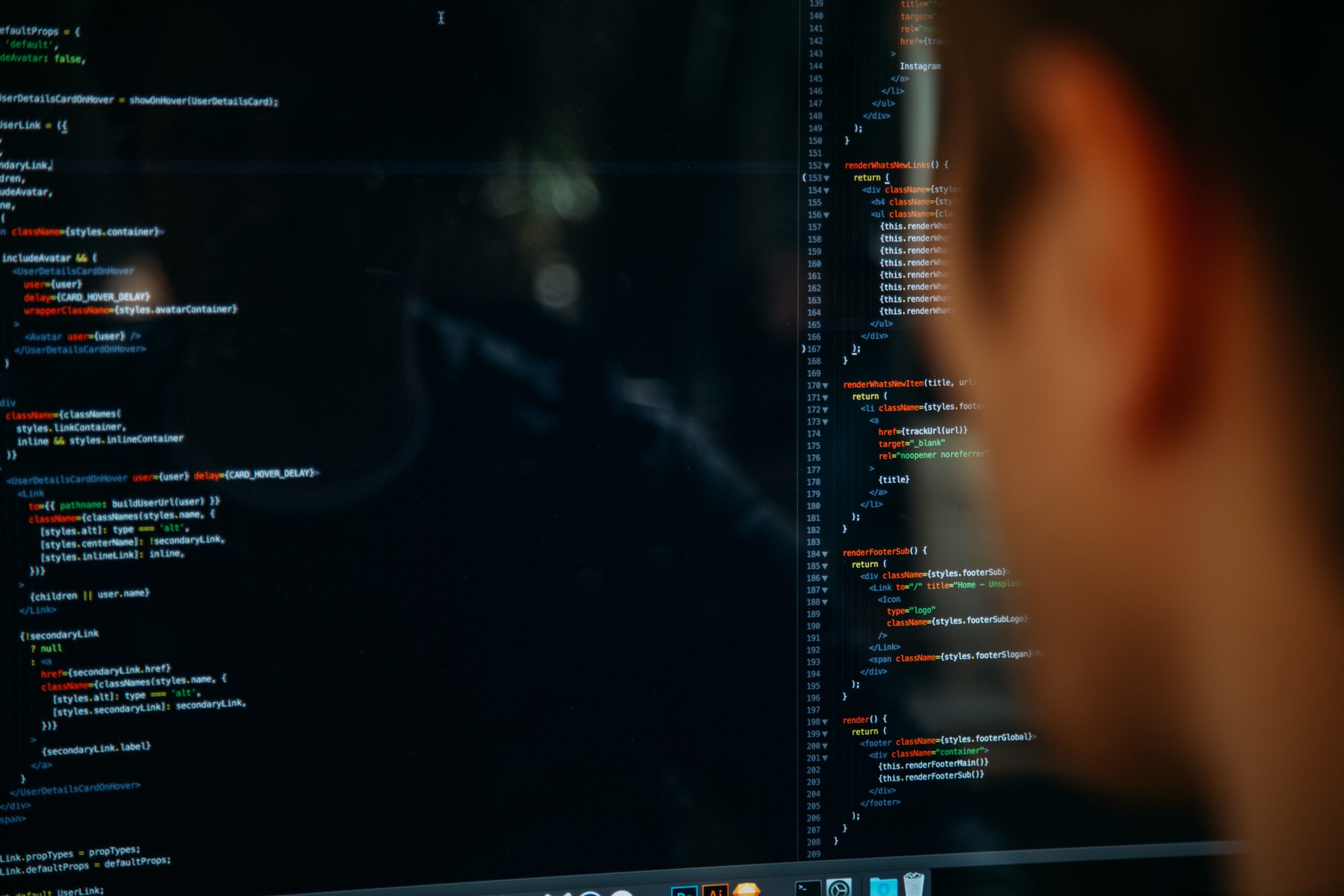
The Importance of being Cyber Safe
2020 has been the year of staying home. Lockdowns and local cases of Covid have meant that the majority of our year has been at home. However in order to continue a semi-normal life, we have become more heavily reliant on the online world.
For those of us working, Zoom meetings have become a daily (sometime hourly) occurrence. Online shopping increased and even our social events have been web-based.
Spending this extra time online and utilising e-commerce more and more, it is no surprise there has been a rise in cybercrime over the year. Findings released from NortonLifeLock Digital report revealed that during the first months of the pandemic, 1 in 6 Australians were victims of cybercrime.(1)
3 Types of common Cyber Attack
There are many types of Cyber Attacks, this is no means an exhaustive list. These are some of the more common types, targeting individuals.
Phishing
Involves the criminal pretending to be a reputable entity (Bank, Amazon, eBay, Paypal) to trick you into providing personal data that then can we used to access accounts or identity theft. The most common way we see it is via email. However, I am sure you have also been targeted on the phone too.
Malware
This includes viruses, ransomware, spyware and Trojan Horses. They are all types of software or code that get onto your computer and do a range of things. Some may lock you out of your computer, some may spy on what you are doing and others may take information off your computer. Malware can be hidden in emails (“Click Here”), free downloadable software, file sharing services or anywhere where you put information onto your computer.
Password Attacks
Where criminals gain access to accounts by solving user passwords. They often use computer algorithms to continually guess passwords.
Top ways of reducing your risk.
- Have strong passwords and change them regularly. Strong passwords traditionally are ones with 12 characters, use symbols (e.g #$&), numbers and different cases. As your reliance on passwords increase, you may want to utilise a password manager. This software stores all your passwords and integrates with your web browser. You just have to remember the one Master Password.
- Use 2 Factor Authentication (2FA) where available. Some programs and websites allow for 2FA. This is where an extra step is added to the login process usually by a code generated by an app on your phone.
- Don’t open suspicious emails, especially those that offer you something. Be equally as vigilant about unsolicited text messages. These often contain links to websites that look legitimate and ask you to enter your account information and password.
- Have strong antivirus software and make sure it is regularly updated. Many of the antiviruses now have ancillary services that monitor web pages to make sure you don’t enter malicious sites.
- Don’t share personal information via email or phone. Your bank or service provider will rarely call you and ask you for your personal information. If you are unsure, ask for the caller’s name and department and call the company back.
Cyber Attacks are a part of our online life. There is no silver bullet to resolve this. We just have to remain vigilant and consistent with our approach. If you think you have been a victim of cybercrime, call your bank or service provider immediately.
Discovery Wealth – The Hills trusted name in Financial Planning
1 More Australians falling victim to cybercrimes in lockdown, August 2020, available online https://www.technologydecisions.com.au/content/gov-tech-review/news/more-australians-falling-victim-to-cybercrimes-in-lockdown-606502216
The views expressed in this publication are solely those of the author; they are not reflective or indicative of RI Advice Group’s position and are not to be attributed to RI Advice Group. They cannot be reproduced in any form without the express written consent of the author. Louella Jorge is an Authorised Representative of RI Advice Group Pty Ltd, ABN 23 001 774 125 AFSL 238429. This editorial does not consider your personal circumstances and is general advice only. It has been prepared without taking into account any of your individual objectives, financial solutions or needs. Before acting on this information, you should consider its appropriateness, having regard to your own objectives, financial situation and needs. You should read the relevant Product Disclosure Statements and seek personal advice from a qualified financial adviser before you act.
